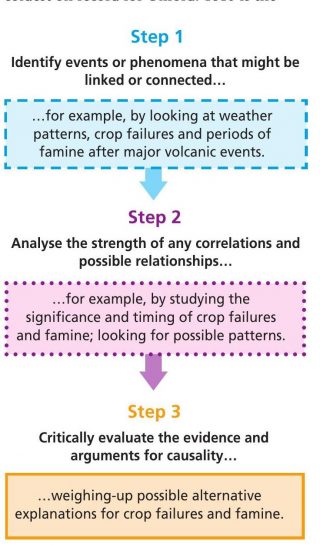
In June 2014, oil prices reached $116 per barrel. By 20 January 2016 they had fallen to less than $28 per barrel. This dramatic 75% fall in prices was not the first oil ‘price shock’, but the causes were different from other recent examples. Both the causes and the impacts of the cheap oil prices we’ve seen this year have geographical dimensions. Supply changes on a national scale, such as in the USA and Iran, have had ramifications on the global scale. In addition to the different scales at play, we also see a complex mix of social, economic, political and environmental concerns.
Previous price shocks, such as those triggered by the Asian economic crisis of the late 1990s and the global financial crisis which began in 2007, were caused by a fall in demand. The latest fall in prices, in contrast, was caused by oversupply. Economic crises lead to countries, companies and consumers reducing their spending, which means less oil is needed and the price of oil falls to reflect this. Similarly, oil prices fall if there is more oil available in the market than is needed. It is estimated that in 2015, production of oil outstripped demand by approximately 1.8 million barrels per day.
Your organisation does not have access to this article.
Sign up today to give your students the edge they need to achieve their best grades with subject expertise
Subscribe




